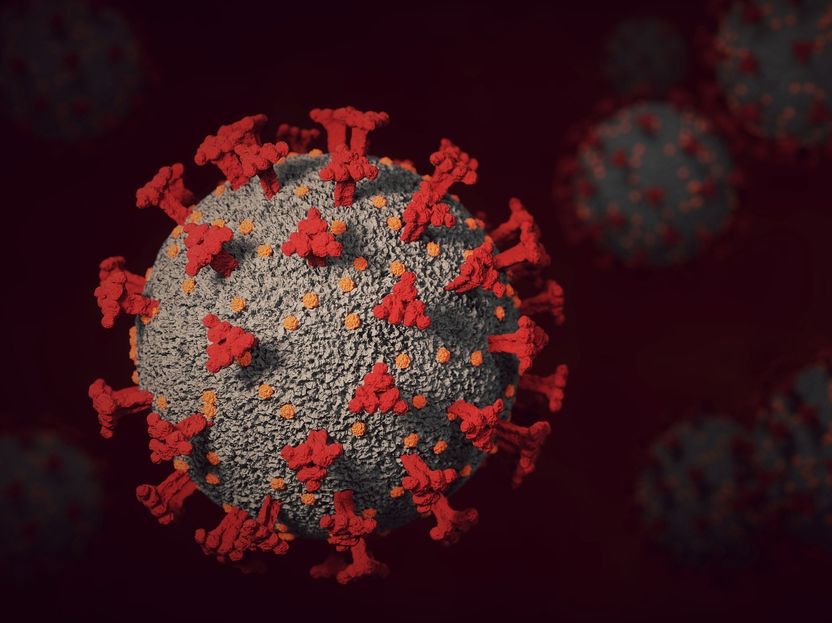Researchers find explanation why the Omicron variant causes less severe disease
Moreover, cell culture findings indicate that eight important COVID-19 drugs and drug candidates remain effective against Omicron.
Advertisement
The SARS-CoV-2 Omicron variant causes less severe disease than Delta although it is better at escaping immune protection by vaccinations and previous infections. The reasons for this have so far remained elusive.

Symbolic image
pixabay.com
A new study by a research team with scientists from the University of Kent and the Goethe-University Frankfurt has now shown that Omicron variant viruses are particularly sensitive to inhibition by the so-called interferon response, an unspecific immune response that is present in all body cells. This provides the first explanation of why COVID-19 patients infected with the Omicron variant are less likely to experience severe disease.
The cell culture study also showed that Omicron viruses remain sensitive to eight of the most important antiviral drugs and drug candidates for the treatment of COVID-19. This included
EIDD-1931 (active metabolite of molnupiravir), ribavirin, remdesivir, favipravir, PF-07321332 (nirmatrelvir, active ingredient of paxlovid), nafamostat, camostat, and aprotinin.
Prof Martin Michaelis, School of Bioscience, University of Kent, said: “Our study provides for the first time an explanation, why Omicron infections are less likely to cause severe disease. Obviously, Omicron can in contrast to Delta not effectively inhibit the host cell interferon immune response.“
Prof. Jindrich Cinatl, Institute of Medical Virology at the Goethe-University, added: “Although cell culture experiments do not exactly recapitulate the more complex situation in a patient, our data provide encouraging evidence that the available antiviral COVID-19 drugs are also effective against Omicron.“























































